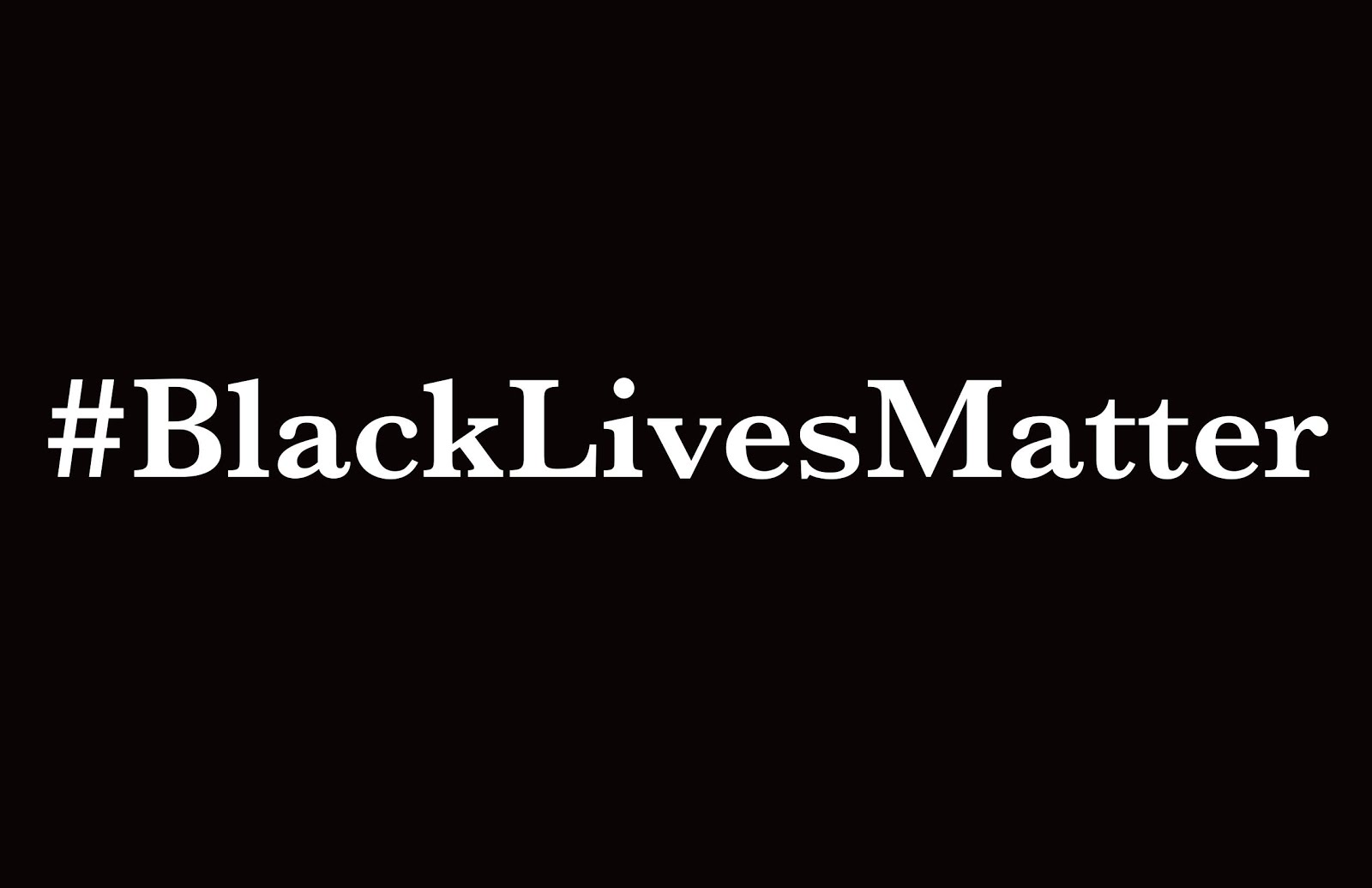When God asked Cain where Abel was, Cain replied, angrily, with another question: 'Am I my brother's keeper?'. The greatest ethical philosopher of our century, Emmanuel Levinas, commented: from that angry Cain's question all immorality began. Of course I am my brother's keeper; and I am and remain a moral person as long as I do not ask for a special reason to be one. Whether I admit it or not, I am my brother's keeper because my brother's well-being depends on what I do or refrain from doing. And I am a moral person because I recognize that dependence and accept the responsibility that follows. The moment I question that dependence, and demand as Cain did to be given reasons why I should care, I renounce my responsibility and am no longer a moral self. My brother's dependence is what makes me an ethical being. Dependence and ethics stand together and fall together. p.72, Zygmunt Bauman, The Individualized Society.I was struck by this paragraph when reading because it brought to mind a post I recently made about something quite similar to what this author was saying. The word "brother" (excuse the sexist term, sexism...like a bad smell, takes a long time to dissipate) here is a substitute for those whom I mean when I use the words sister/brother Earthlings. Their well being depends on what we do...or refrain from doing. What makes any of us an ethical being is acceptance of that dependence. If you have to ask why you should care...well...
I only recently discovered the writings of Zygmunt Bauman and I've already ran across a number of exquisite thinkings from him. I'm also reading a book by him called Modernity and the Holocaust that is so very evocative and stimulating. Jeez, you just never know what you're going to stumble across.
As far as I can see...accepting the dependence of all sister/brother Earthlings means living vegan...so do so if you aren't...and if you are...thank you.







2 comments:
That question of "brother's keeper" is certainly similar to the "Sometimes..." post you wrote. Both attempt to put doubt in the imperative (if you're to be considered ethical) of living in a way that includes others in your sphere of concerns...
..."from that angry Cain's question all immorality began." Reminds me also that Cain became the forefather of the excusitarians that Colleen Patrick Goudreau often speaks of. It's always a challenge talking to them because of the handicaps they've put in place at the onset. From the beginning you have to explain/teach "why care"... Again, we're climbing back into the sandbox of things we ought to have learned long, long ago...
From the wiki link "Levinas prefers to think of philosophy as the "wisdom of love" rather than the love of wisdom (the literal Greek meaning of the word "philosophy"). In his view, responsibility precedes any "objective searching after truth"." Yes. Yes. Yes! And again I think we're conditioned to shrug obligations with an easy-out of an "innocent/guilty" criteria. To think we're only responsible if we're "guilty" is just plain wrong.
Zygmunt Bauman's assessment of modernity and all it's trappings is spot on! "Procedural rationality, the division of labour into smaller and smaller tasks, the taxonomic categorisation of different species, and the tendency to view rule-following as morally good all played their role in the Holocaust coming to pass." Wow! And we've learned nothing since except how to perfect our othering and "specializations" even more.
I also found some other writings of/about Bauman. Perhaps this might interest you as well: "Buried under piles of techno-junk, slabs of concrete, and layers of scientistic discourse, we find ourselves unable to enact any semblance of egalitarian interanimal kinship. We are deprived of modes of knowing that make it possible. How is one to even conceive of the felt intelligence of a cow if one has scarcely ever been around one? How is one to appreciate the support of the earth under our feet when the land has been rendered mute to the senses, and the senses have become far more familiar with endless little black rows on a flatscreen? In the process of this forced domestication we become deskilled and ever more dependent on the abstract apparatus of production of which the average person can comprehend little. “Call the guy!” becomes the default response to a nuisance. Year by year technoscientific mediation deepens our estrangement from the life of our animal senses. We bump into one another as if on autopilot in the street, ear glued to the phone, eyes in a blank stare. Cell phones, smart phones, x-phones−who can remember life back when having none of these was “necessary?” Yet here we are, perceptually maimed and half-awake." http://radicallyreal.wordpress.com/tag/zygmunt-bauman/
Indeed this is very good material for the thinker. It lead me to a book that I now want to read called McDonaldization. Thank you VE!
Thank you for commenting Bea. Excellent stuff! I had noticed that Bauman takes into account our divorce from the consequences of our actions...as well as our ignorance about the world around us. Pretty much any attempt to comprehend our behavior(s) is going to require this factor...which sort of creates a pseudo-innocence predicated on culturally imposed obliviousness. We think we're "good people" while engaging in behaviors that results in monstrous outcomes...and plead ignorance when faced with those results.
Thanks for the link...that's a seriously long piece...it will take me awhile to get through it.
I'm glad you found the post to be stimulating. I want to read more of the writings of both Bauman and of Levinas...good stuff! :-)
Post a Comment